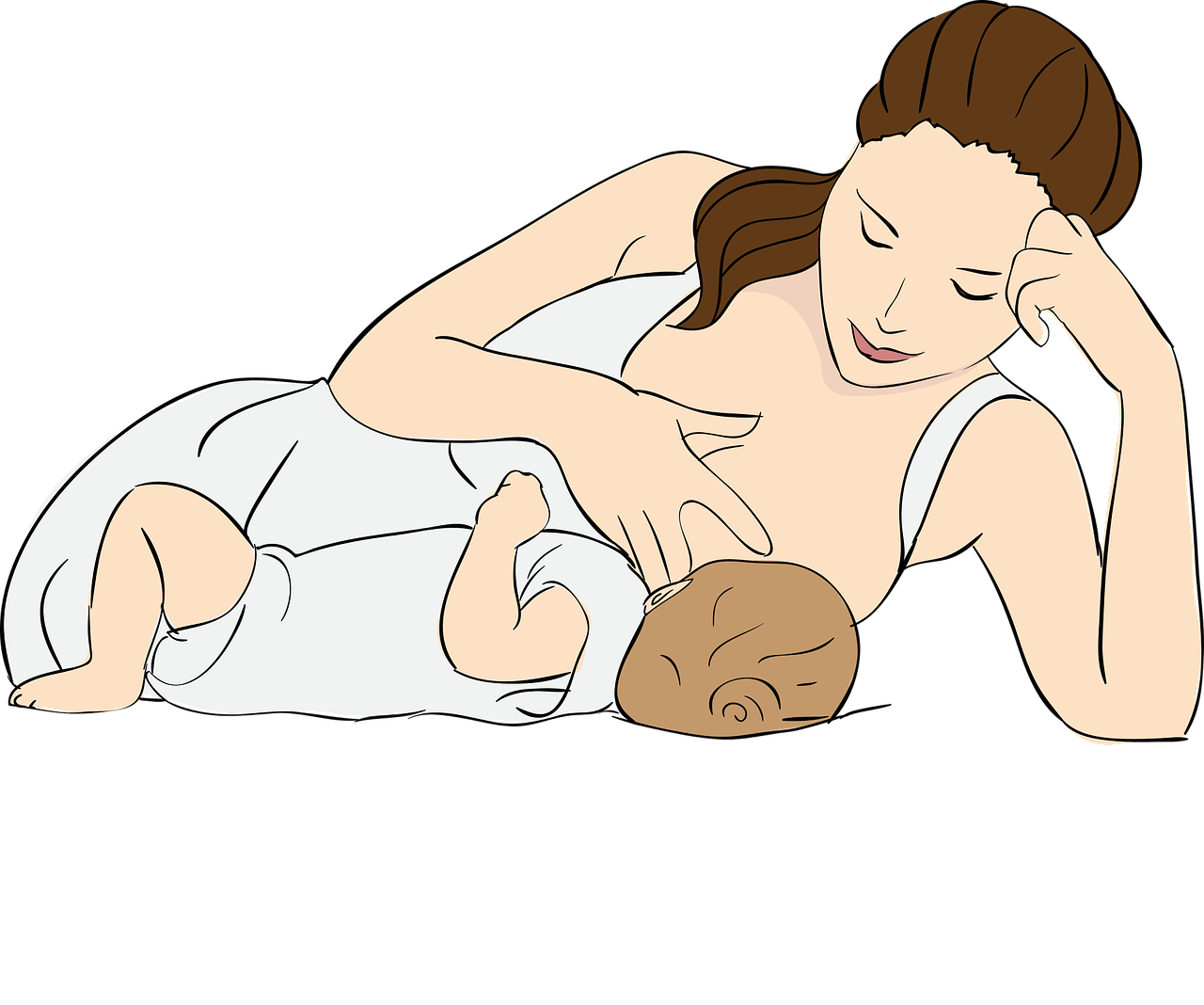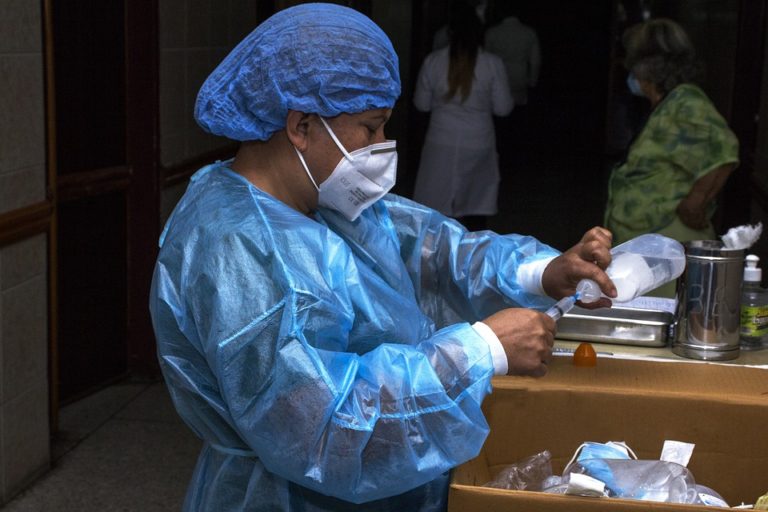Book Appointment Now

The Contribution of Public Health Nurses to Reducing Maternal Mortality Rates
The Contribution of Public Health Nurses to Reducing Maternal Mortality Rates is a critical aspect of global healthcare efforts aimed at ensuring safer pregnancies and childbirth. Maternal mortality remains a pressing public health challenge, particularly in developing regions where access to quality prenatal, delivery, and postnatal care is often limited. Public health nurses (PHNs) play a pivotal role in addressing these challenges by providing essential maternal health services, educating communities, and advocating for policy changes that improve healthcare accessibility. Through initiatives such as skilled birth attendance, prenatal education, and community outreach programs, PHNs contribute significantly to reducing maternal deaths and improving overall maternal and child health outcomes. This essay explores how PHNs lead interventions that mitigate pregnancy-related risks and promote safer childbirth practices worldwide.
Our nursing experts can deliver 100% custom paper on contribubutions of public health nurses in reducing maternal mora]tality rates according to your order instructions.
Write my nursing essay
The Global Maternal Mortality Crisis
Maternal mortality refers to deaths caused by complications related to pregnancy or childbirth. According to the World Health Organization (WHO, 2022), approximately 287,000 women die each year due to preventable pregnancy-related complications. The leading causes include severe bleeding, infections, high blood pressure (pre-eclampsia and eclampsia), unsafe abortions, and obstructed labor. Inadequate healthcare facilities, lack of skilled birth attendants, and poor postnatal care further exacerbate the issue.
Public health nurses are at the forefront of addressing these challenges by implementing community-based interventions, promoting maternal health education, and facilitating access to essential healthcare services. Their proactive engagement in maternal health initiatives has significantly contributed to improved outcomes for mothers and infants.
Prenatal Care and Education
One of the most effective ways PHNs reduce maternal mortality is by providing comprehensive prenatal care. Regular antenatal visits help identify and manage complications early, improving the chances of a safe pregnancy and delivery. Nurses educate expectant mothers about proper nutrition, warning signs of complications, and the importance of skilled birth attendance.
In many low-resource settings, PHNs conduct mobile health clinics to reach pregnant women in remote areas. These clinics offer essential services such as:
- Routine check-ups to monitor fetal development and maternal health
- Immunizations to prevent infections like tetanus
- Nutritional counseling to prevent deficiencies that can lead to complications
- Malaria and HIV screening, as both conditions significantly impact maternal and infant health
By emphasizing preventive care, nurses help reduce pregnancy-related complications and improve overall maternal well-being.
Skilled Birth Attendance and Emergency Preparedness
A significant number of maternal deaths occur during labor and delivery, primarily due to the absence of skilled healthcare professionals. PHNs play a vital role in advocating for and providing skilled birth attendance, ensuring safer deliveries. They assist midwives and other healthcare providers in managing complications such as prolonged labor, hemorrhage, and infections.
In addition, PHNs train traditional birth attendants (TBAs) in safe delivery practices, ensuring that women who give birth outside formal health facilities receive better care. In regions where emergency obstetric care is limited, nurses collaborate with local healthcare facilities to establish referral systems that ensure timely transportation of mothers experiencing complications to hospitals equipped to handle emergencies.
Postnatal Care and Newborn Health
The postpartum period is critical for both mother and child, as complications such as infections and postpartum hemorrhage can still arise. Public health nurses conduct home visits and follow-up appointments to monitor recovery, provide breastfeeding support, and educate new mothers on newborn care.
Postnatal care initiatives led by PHNs include:
- Teaching mothers about signs of postpartum depression and available mental health resources
- Administering vaccinations to prevent neonatal infections
- Promoting family planning services to help women space pregnancies safely
By ensuring continuity of care beyond delivery, nurses help prevent maternal deaths and promote the health of newborns.
Community Outreach and Advocacy
Public health nurses are not only caregivers but also advocates for systemic change in maternal health policies. They work with government agencies and non-governmental organizations (NGOs) to improve maternal healthcare infrastructure, increase funding for maternal health programs, and establish policies that protect pregnant women’s rights.
Key advocacy efforts include:
- Promoting free or affordable maternal healthcare services in underserved areas
- Encouraging male involvement in maternal health to foster supportive family environments
- Raising awareness about the dangers of early and forced marriages, which contribute to high maternal mortality rates
PHNs also participate in health campaigns that address harmful traditional practices, such as female genital mutilation (FGM), which increases the risk of complications during childbirth.
Addressing Socioeconomic Barriers
Socioeconomic factors such as poverty, lack of education, and gender inequality significantly impact maternal health. Many women in developing countries cannot afford quality healthcare or lack the autonomy to seek medical help. Public health nurses work to bridge these gaps by providing free maternal health services, conducting literacy programs, and empowering women to make informed health decisions.
In some regions, PHNs have pioneered microfinance programs that provide financial support to pregnant women, enabling them to afford medical care and proper nutrition. Such initiatives help create sustainable solutions to maternal health challenges.
The Role of Technology in Maternal Health
Advancements in technology have further strengthened the role of public health nurses in maternal healthcare. Telehealth services allow nurses to provide remote consultations, reducing barriers to prenatal and postnatal care. Mobile health applications offer educational resources, appointment reminders, and emergency contact information, ensuring that expectant mothers remain connected to healthcare providers.
Additionally, PHNs leverage data analytics to track maternal health trends, identify at-risk populations, and develop targeted interventions to reduce mortality rates.
References
- Centers for Disease Control and Prevention (CDC). (2022). Global maternal health initiatives. Retrieved from https://www.cdc.gov
- Lee, K., et al. (2021). The role of community health workers in maternal health interventions. Journal of Public Health Nursing, 58(3), 112-128.
- Smith, D., & Brown, L. (2020). Skilled birth attendance and maternal mortality: The role of nursing professionals. International Journal of Nursing Studies, 67(2), 45-60.
- United Nations. (2022). Maternal mortality reduction strategies. Retrieved from https://www.un.org
- World Health Organization (WHO). (2022). Maternal mortality: Key facts and global statistics. Retrieved from https://www.who.int







